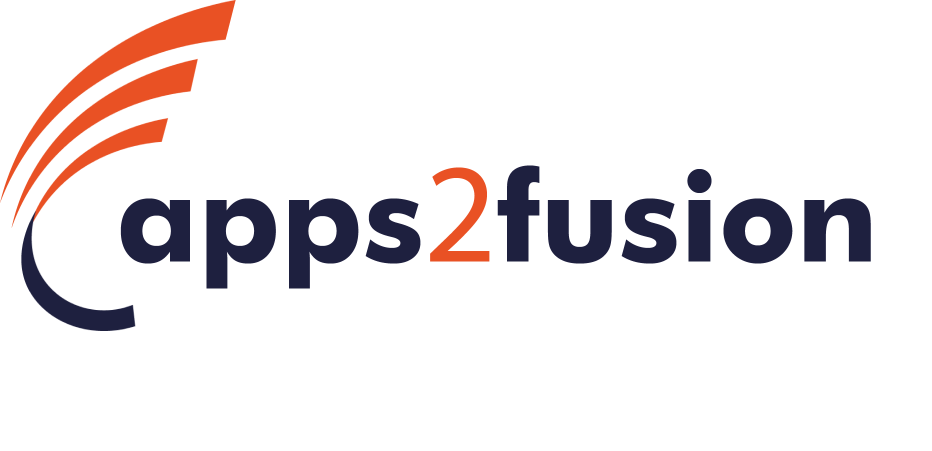Fundamentals for a Finance Consultant in the ERP Implementation

An ERP Implementation is a synergy, and every consultant has to execute their tasks efficiently, within the project timelines, to attain great success. In this article, I would like to share my experience as a finance consultant in various implementation projects, for diversified customers, across the regions.
Basic functions of finance consultant in the ERP implementation
The finance consultant plays a vital role in the successful implementation of an ERP Project. Below highlighted are a few major roles and responsibilities of a finance consultant. The first and foremost activity of a financial consultant in an ERP Implementation is to finalize 4Cs – chart of accounts, calendar, currency, and convention, apart from finalizing the enterprise structure.
Chart of accounts
The chart of accounts also referred to as COA is one of the prominent activities to be identified right at the inception of the project. The design of COA is customer-specific and depends on the various line of businesses or the industries the customer is focused on. COA can be defined as a list of all accounts that are required for an organization to record its financial transactions in a General Ledger. COA is to be considered as a backbone for the configuration.
Calendar
The calendar definition comprises an accounting year and the number of periods it contains. It is mandatory to define the calendar year at least one year before the current fiscal year.
Currency
Identify the functional currency for each entity to be configured in the ERP application and also the list of foreign currencies to be enabled for business. By default, ERP provides all major currencies used across the globe.
Considering a career in cloud?
Enterprise structure
Understanding the enterprise structure is as important as the 4Cs explained above. Enterprise structure gives clarity on how many ledgers, legal entities, and business units are required to be defined for the customer in the ERP system. It also has a significant impact on Chart of Accounts (COA) design.
Cross-functional discussions
Even though every consultant is engaged with their area-specific tasks, it is certainly important for every consultant to have cross-functional discussions, predominantly with the finance consultant. In fact, accounting is like the heart of the ERP system, regardless of the different modules being implemented for the customer. It is, therefore, important for a finance consultant to share the required accounting Information like finalized chart of accounts with other consultants so that they can do the system configuration in their respective areas.








